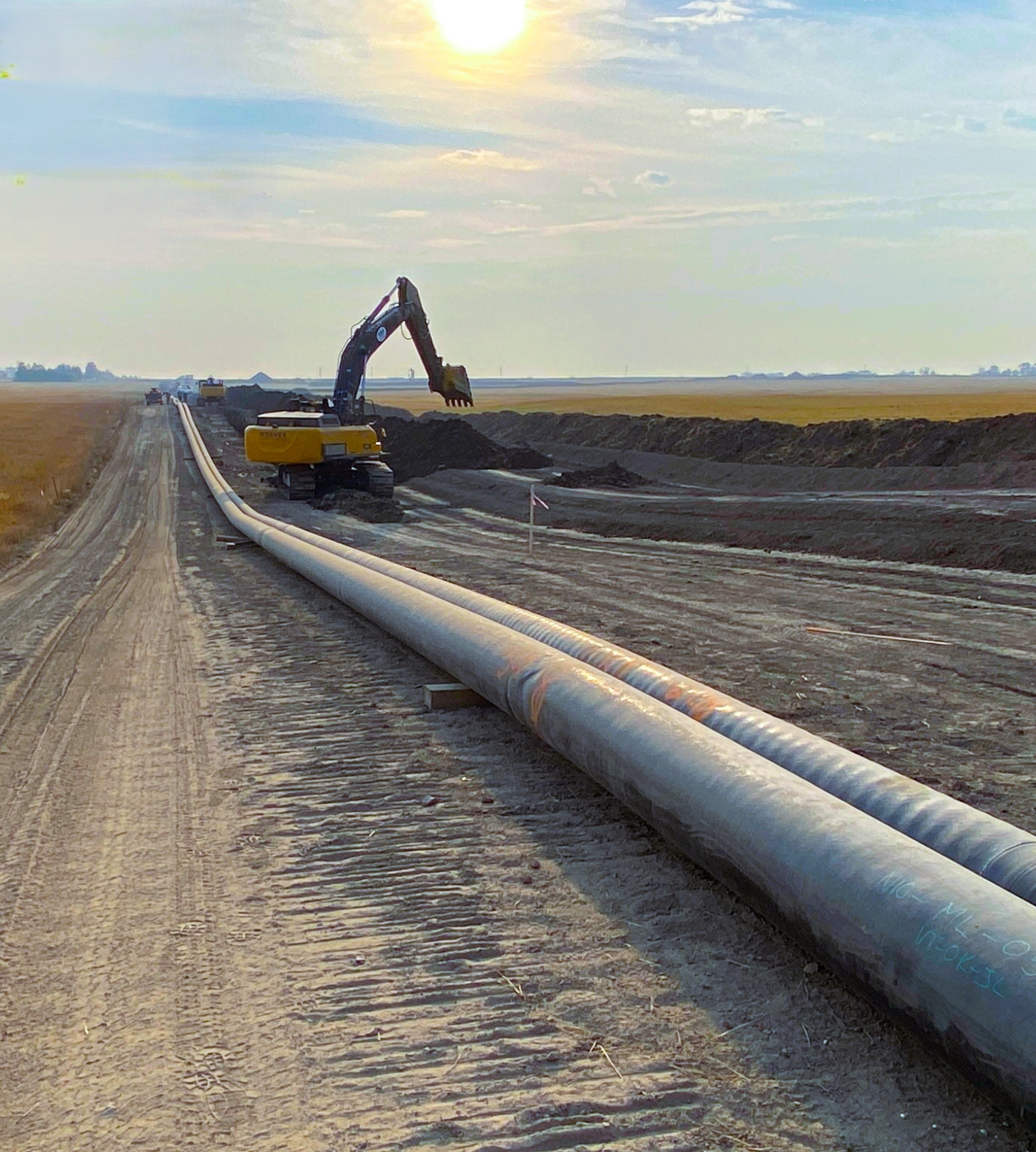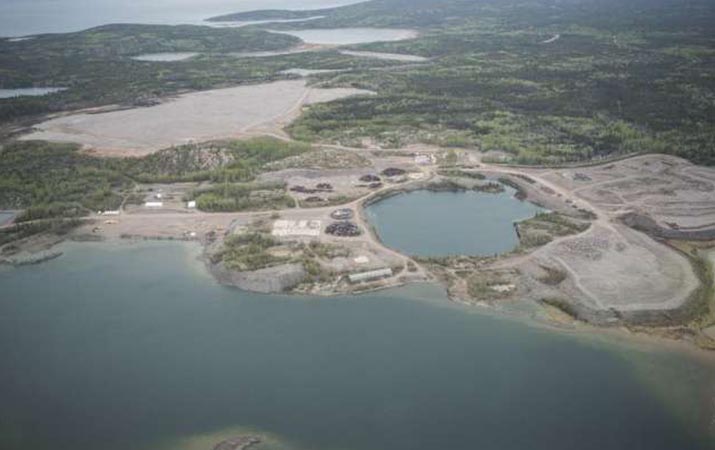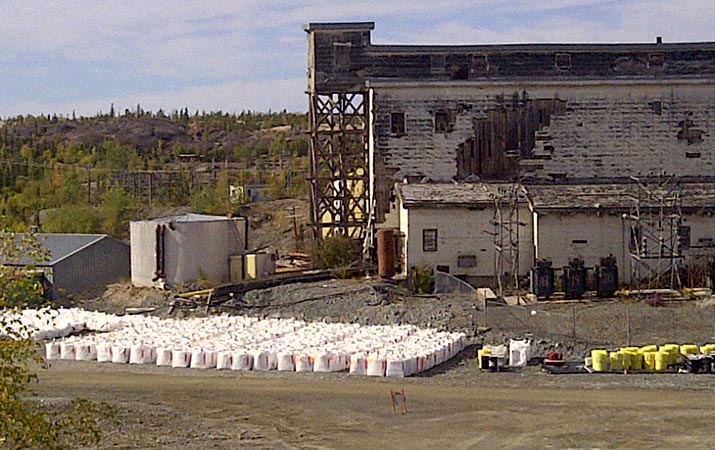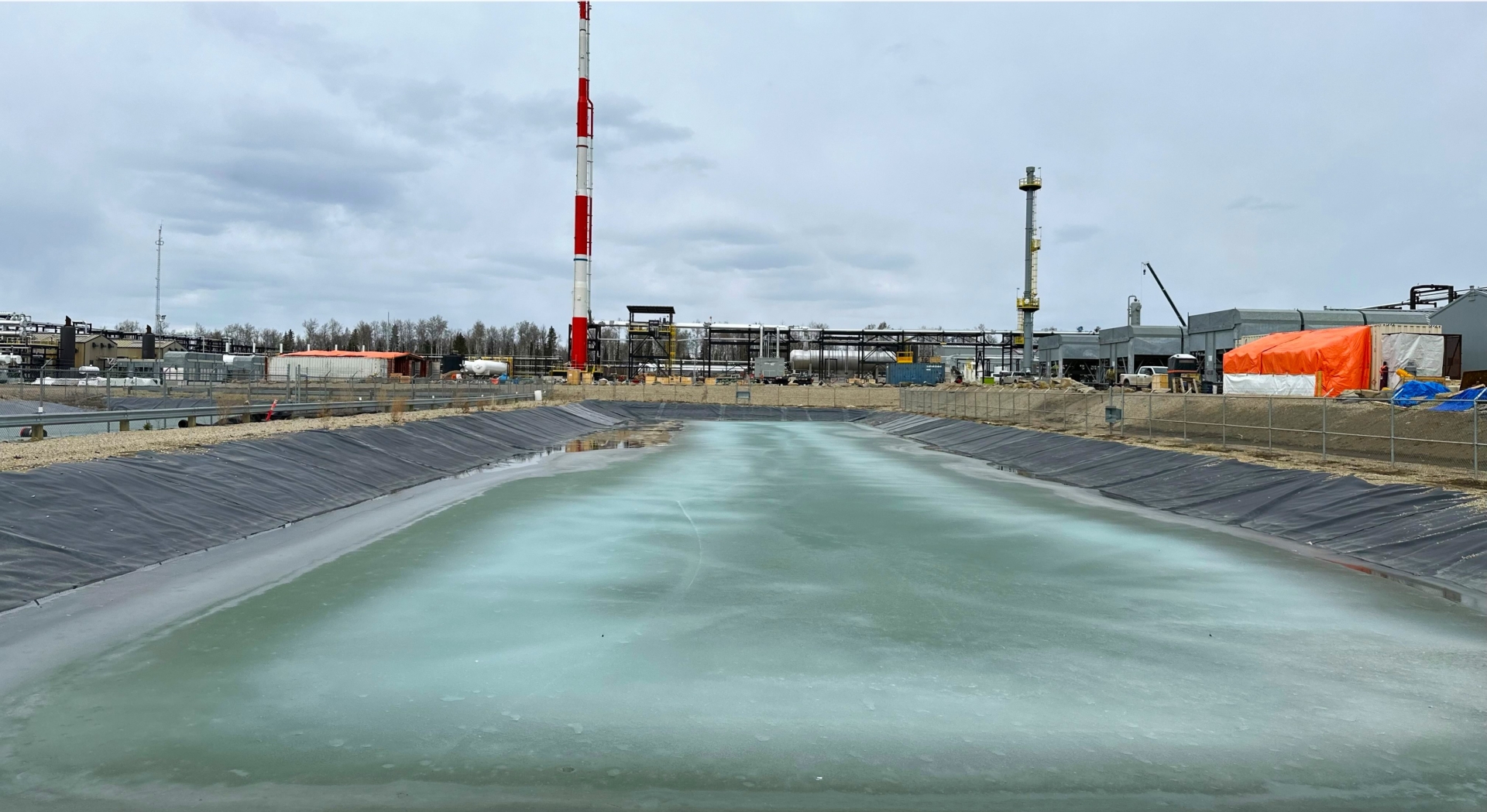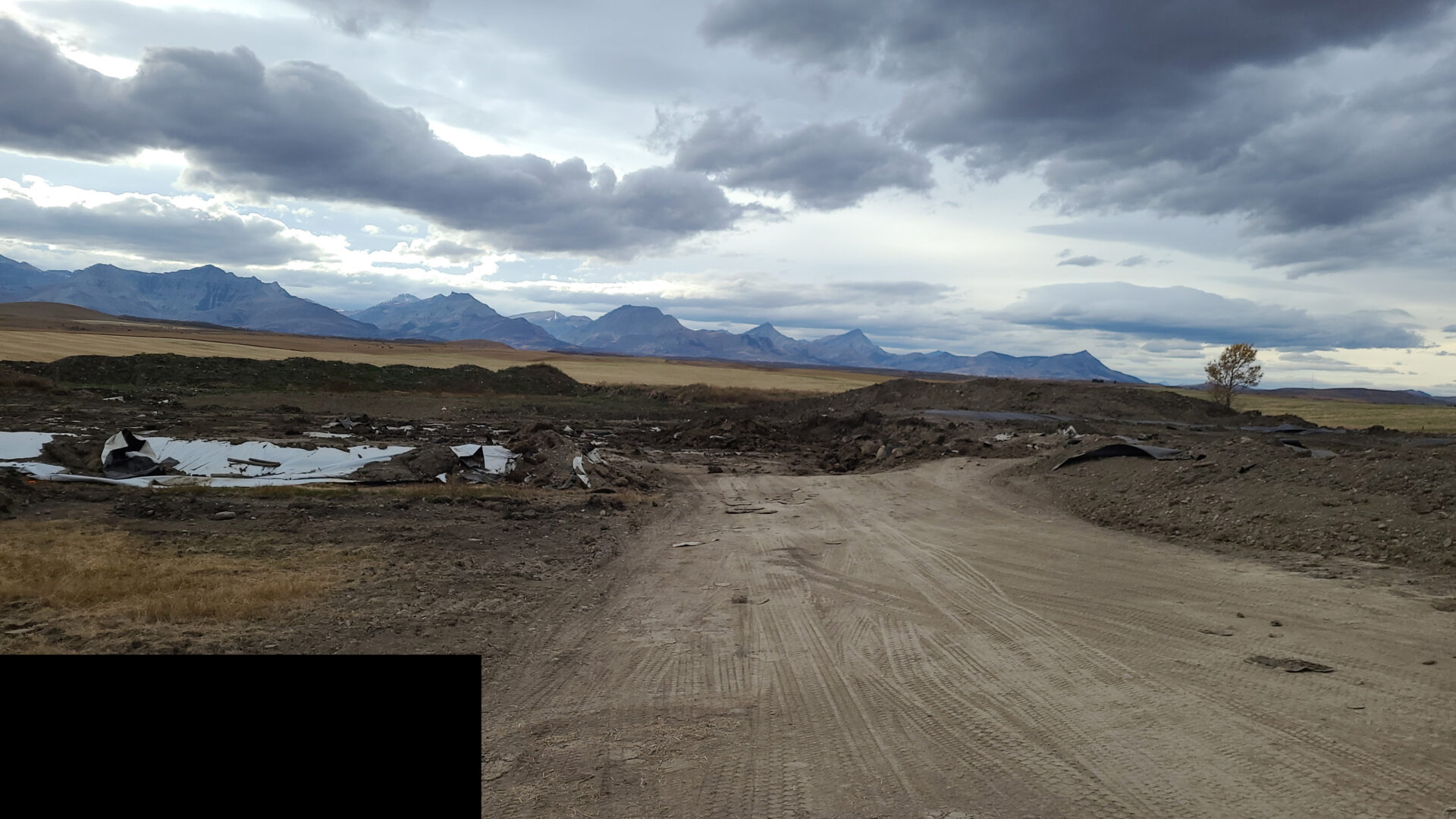As the November snow gusts, it is a good time to reflect on our Alberta reclamation season. Low snow accumulation and a dry, early spring gave way to much needed rain in late May and early June in southern Alberta. While the moisture was greatly appreciated by farmers, it interrupted the early start on the earthworks season. Once things dried out again, the reclamation industry was back up and running, however new challenges became evident as the season progressed. By late spring, wheat and canola crops were trading at record high prices (canola at $26 per bushel and wheat at $15 per bushel) leading to an uneasiness about completing earthworks on cereal crop lands during the summer and early fall. High commodity prices in the oil and gas sector also meant that producers were getting back to drilling programs which have been reduced over the past few years due to Covid-19 and depressed prices. Many equipment providers that we utilize in the reclamation space were being asked to build leases as well. It became evident that clients were starting to compete for equipment and skilled operators. Adding to the shortage in labour and equipment, this fall represented the final window to complete work under the Federally funded, provincially administered closure grant programs (BC’s DSRP, Alberta’s SRP and Saskatchewan’s ASCP). These three programs led to an unprecedented increase in sites to be reclaimed across western Canada. Through all of this, our team at 360 and the industry as a whole successfully reclaimed a record number of sites this summer and fall, and completed an unprecedented amount of passing Detailed Site Assessments (DSAs) which will be submitted to regulators this fall and winter, removing substantial liability from our clients books.
We could not have done this without the help of our valued service providers, including (but not limited to) line locators, surveyors, hydrovacs, labs, heavy equipment companies and seed suppliers. Most importantly, we would like to take a moment to thank all of our employees and contractors working tirelessly in the field, our project managers, accountants, administrators and our health and safety team, without whom, all of this work could not have succeeded. Finally, we thank our clients; we appreciate the support and trusting us to work with you on your closure programs.
Moving into 2023, we look forward to assisting clients with proactive strategies and executing closure programs under the guidance of provincial mandatory spend targets.
Thank you for reading,
Duncan Mathers, P.Chem
Supervisor, Southern Services – Environmental




